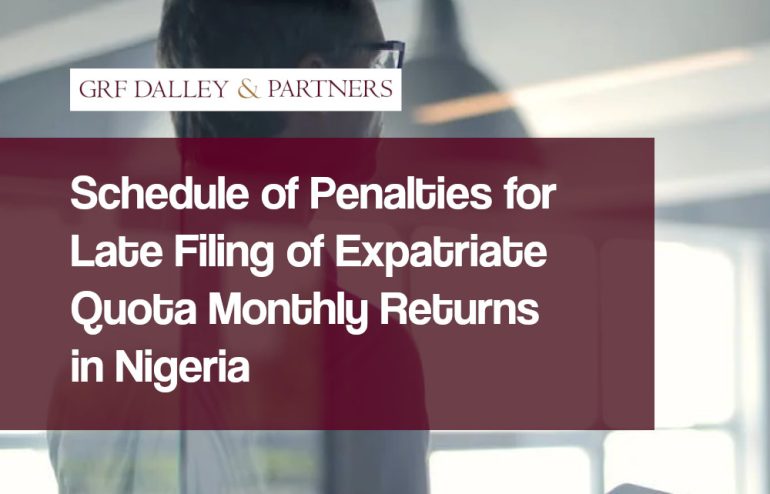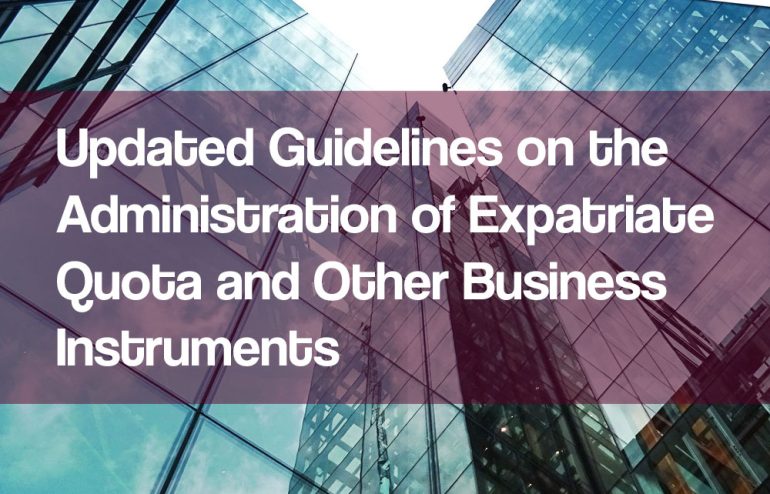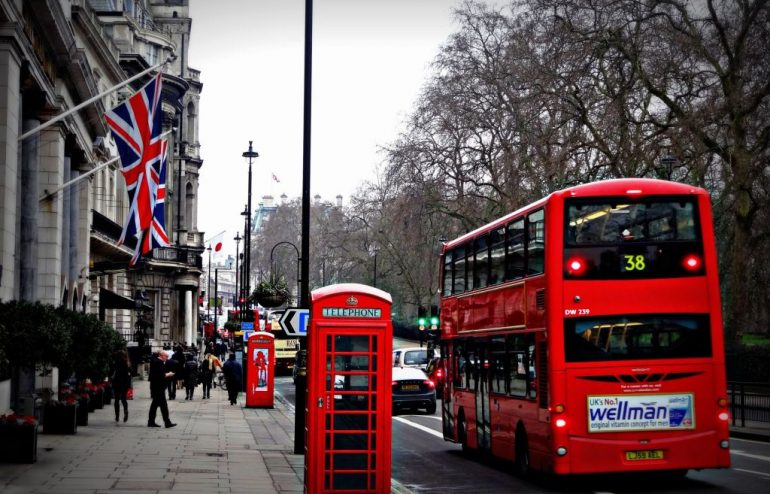Background:
The United Kingdom’s relationship with Africa has its beginnings in the pre-colonial era. The Scramble for Africa between 1881 and 1914 resulted in the division of Africa amongst the Western European powers at the time, namely Britain, France, Germany, Italy, Belgium, Portugal and Spain.
The presence of Britain and France in Africa was particularly notable as they occupied vast territories in the continent. Although some African tribes put up resistance against colonial domination, they were unable to withstand the pressures and most of the continent eventually yielded to colonial rule.
Colonialism represents a critical turning point in the history of Africa. The new rulers controlled their newly acquired territories in different ways. While the French opted for a more direct form of rule, Britain ruled using the system of indirect rule. Through these colonial relations, Britain introduced its language, technology and a new way of life and fostered trade within its territories. Trade mostly involved the export of raw materials to Britain and the import of finished goods into Britain’s territories in Africa.
By the late 1950’s and early 1960’s African countries started to gain independence. The newly independent countries maintained their economic and political ties with their former colonial masters. However, the decolonisation of the continent meant Africans were, predominantly, in control of their own affairs. Britain continued its relationship with its former colonies under the banner of the Commonwealth.
Britain’s Influence in Africa, after Joining the European Union
Britain finally joined the European Economic Community (now the European Union) in 1973 after the resignation of then French President, Charles de Gaulle. Britain had previously applied in 1965 and in 1967 but both applications were vetoed by De Gaulle on the basis of Britain’s apparent incompatibility with Europe. In 1975 a referendum was conducted and Britain voted to remain part of the European Community.
Through the EEC, Britain was able to continue its relations with its former colonies in Africa. Under the Lome Convention of 1975, agricultural produce and mineral exports from countries in Africa, the Caribbean’s and the Pacific enjoyed preferential access into the EEC (now EU). This was made possible by Britain’s membership of the EU.
In 2007, the Joint Africa-EU Strategy (JAES) was launched at the Africa-EU summit in Lisbon, Portugal with the aim of establishing a reciprocal trade partnership between African countries and the EU. The hope was to promote sustainable development and foster greater relations between the two continents. Ultimately African countries were to be weaned off donor dependence.
Through the JAES initiative, the EU has been able to contribute financially to the African Union (AU) and various regional groups in the continent. The AU received over 2 billion Euros from the African Peace Facility (APF). The APF is funded by the European Development Fund (EDF).
The EU has entered into Economic Partnership Agreements with some of the countries in Africa to promote trade and investment. Africa has been exporting agricultural produce and raw materials to the EU. This trade has helped enlarge the markets available to African countries.
The United Kingdom has been exercising its influence in Africa through the EU through contributing to the European Development Fund and aid projects embarked on by the EU. It has been a driving force in carrying out discussions on matters concerning Africa and the effect EU policies may have on the continent. In matters of trade, the UK has been instrumental to shaping the EU’s trade policies towards Africa.
The Present
The world has been making great strides at becoming a global village. Former European colonies in Africa have started entering into trade partnerships with various governments and the influence of countries such as China, Turkey and the United States of America has been growing. The diversity of Africa’s trading partners is also being influenced by the adoption of South-South trade with other developing countries.
Although the UK still continues to trade with its former colonies, their influence cannot be said to be as strong as the influence their French counterpart wields over her former colonies particularly in West Africa. The reduction in trade between the UK and the African continent can be said to stem from the presence of other economies that exercised a better competitive advantage.
The UK is set to leave the EU on 31st January 2020 after which it would enter a transition period until the end of 2020, which can be extend up to one to two years. It is no doubt that Brexit will not affect the UK alone. Aside from affecting the EU, it will also have an effect on trade, aid and investment in Africa. Former Prime Minister Theresa May’s visit to selected countries in Africa in 2018 provided an insight into the UK’s intention to increase business participation in its former colonies, in the wake of Brexit.
The aid that the EU sends to Africa will also change with Brexit. The UK contributed largely to the EU aid budget and to the European Development Fund (EDF). The UK has agreed to remain party to the EDF and will honour all commitments related to the current 11th EDF.[1]
In spite of that, there are questions as to what would happen after 2020. There is the possibility that directly disbursing aid to Africa may either provide for greater efficiency or may limit its reach. However, it must be stated that EU funds made available through the EDF would be reduced and as such there would be a further challenge of making sure that the reduced funding available be put to good use and reach as many as possible. Once Brexit takes place, the UK will no longer play an active role in the policy decisions the EU makes in relation to Africa.
Not much is set to change in the during the transition period as the UK will still remain part of the EU Customs Union and Single Market until the end of 2020, and it is projected that trade relations with African countries are likely to remain the same due to continuity agreements. The UK has been actively working on deals with countries that already have trade agreements with the EU in order to avoid paying additional tariffs.[2] It is expected that the UK would enter into more trade agreements during the transition period. However, it is undeniable that the recent UK-Africa Investment Summit hosted by Prime Minister Boris Johnson marked an attempt by the UK to boost trade relations with its former colonies in the wake of Brexit.
Predictions
The discussions about Brexit have made way for various predictions of the kind of changes we are expected to see in the coming years with regards to the UK’s relationship with African countries.
It is expected that post-Brexit UK would be diversifying its investments in Africa by increasing its investment in other countries on the continent that exhibit more promise in terms of economic growth rate. This would position the UK as an active partner in the development drive of several African countries.
Currently, South Africa enjoys about 30 percent of the UK’s foreign direct investment in Africa but has a growth rate of only 0.8 percent.[3] Kenya on the other hand has a growth rate of 6 percent but only enjoys only 2 percent of the UK’s total investment in Africa.
Diversifying investments by increasing investment in other African countries would allow the UK to benefit from the economic opportunities available there
With the rise of technology startups in Africa, it would be logical to conclude the startup space may be one of the areas that would benefit from UK investment. Nigeria, for instance, received $663.24 million in venture capital in 2019 thus making it top startup investments in Africa.[4] Sectors such as fintech, logistics and agritech are particularly promising in 2020.
Another change we might see in the coming years would be the UK’s attempt to engage in more infrastructure projects in the continent. In countries such as Nigeria, it is impossible to ignore the great strides taken by China in providing infrastructural development by being a major player in the country’s plan towards economic recovery and growth. The UK would have to make great efforts to match China’s achievements and competitive advantage in this regard in order to attain the position of a strategic partner in infrastructural development.
Immigration is one of the areas that would be affected in post-Brexit UK. It is argued that in order to benefit from improved trade relations with its African counterparts, the UK may need to relax its immigration policies towards Africans, particularly those from the Commonwealth. Prime Minister Boris Johnson hinted at the possibility of a fairer immigration policy by saying that the UK will put “faces before passports” during the UK-Africa Investment Summit held this year.[5]
Although the form post-Brexit UK immigration policy will take is still unclear, it is projected that the UK would embrace a more open stance rather than a restrictive one in order to benefit from more skilled labour.[6]
Remarks
Questions remain as to what the UK will be offering Africa in the coming years. At this point it is difficult to say if it would be able to challenge the important role that China has been playing in trade and infrastructure or attempt to be as active as its French counterpart in the continent. Due to the former colonial relationship the UK has with Africa, it is understandable that any intentions the UK may have of renewing relationships with African countries may be received with skepticism.
For more information, contact:
GRF Dalley & Partners
Lagos Office:
Gabsdall House (2nd – 4th Floor)
26, Igbosere Road
Port Harcourt Office:
13, Finima Street,
Old G.R.A.
Tel: +23414549824
Fax: +4420 8929 0855
Email: inq@grfdalleyandpartners.com
Website: www.grfdalleyandpartners.com
Follow us on social media:
Twitter: @GRFDALLEY
LinkedIn: /grfdalleyandpartners
[1] https://ec.europa.eu/commission/presscorner/detail/en/qanda_20_104
[2] https://www.bbc.com/news/uk-47213842
[3] https://foreignpolicy.com/2020/01/29/boris-johnsons-new-scramble-for-africa/
[4] https://nipc.gov.ng/2020/01/06/nigeria-again-tops-startup-investments-in-africa/
[5] https://www.bbc.com/news/uk-politics-51175628
[6] https://www.theguardian.com/commentisfree/2020/jan/29/brexit-britain-hard-line-immigration-openness





